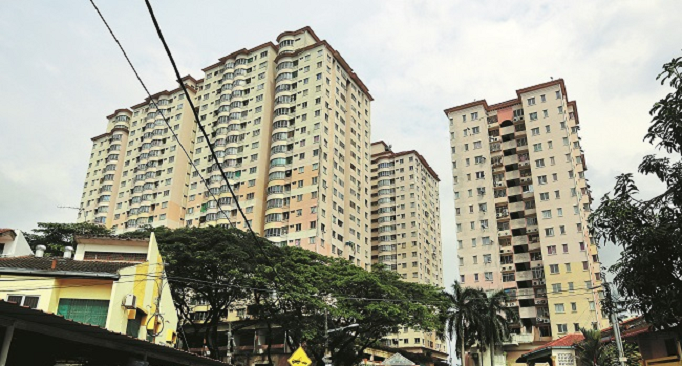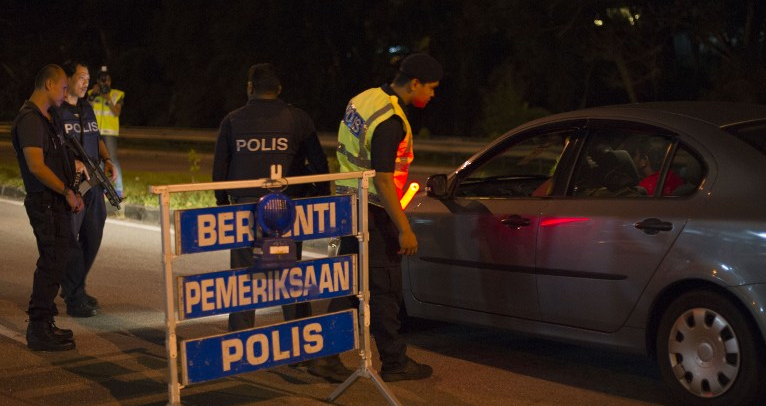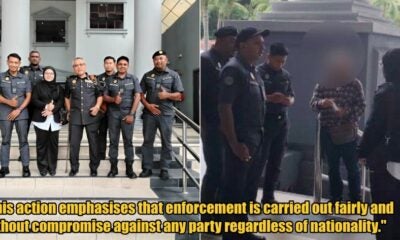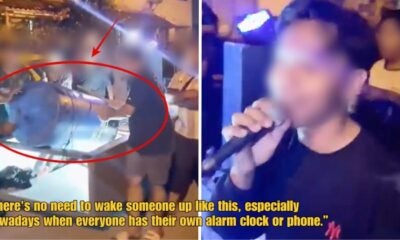Some Malaysians might be aware of this thing called the ‘maintenance fee’ while some might not. Well, knowing the existence of this fee doesn’t matter if one does not pay it anyway right? (And unfortunately a WHOLE lot of Malaysians are guilty of this – just ask your parents if they’re one of them!)
In case you didn’t know, every unit owner of a high-rise building is required to pay maintenance fees.
If you hadn’t been paying your fees then you better start now!

Why, what will happen if I don’t pay?
Well, in short, movable items in your home, like the TV, furniture, smartphones and appliances will be seized by your condo’s or apartment’s management, and also the Urban Wellbeing, Housing and Local Government Ministry.
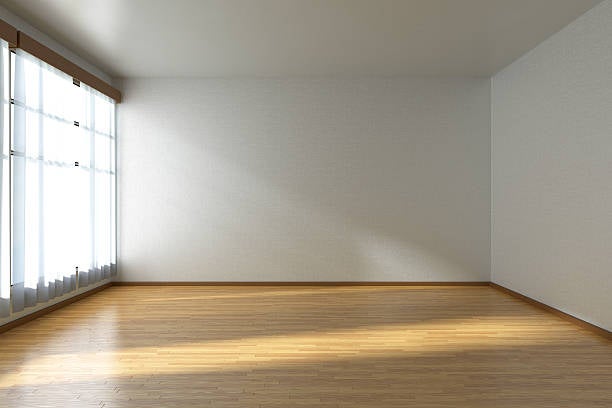 How your house may look like if you didn’t pay. Eek!
How your house may look like if you didn’t pay. Eek!
Your seized items will then be sold in auctions to settle the outstanding payment. Unless you agree to pay them back the fees first lah!
Very recently, the government increased their efforts to reinforce this and so far, 5 raids have already been conducted at apartments this year by the ministry, as reported by The Star. Also, bear in mind that they’ve mentioned that there’s no minimum outstanding figure for your house to be raided. So you better pay up on time!
Every owner is bound by law to pay, which is stated under the Strata Management Act 2013.
So, what is this ‘maintenance fee’ for anyway? Why need to pay leh?
For any high-rise building, there’s the common area – the lobby, walkway, lift, pool, toilets etc. So these fees are for the upkeep of these places! That’s also why, if you’ve a more atas condo, the maintenance fees will also tend to be higher.
Of course, they cannot simply raid your house any time!
The JMB or MC (aka managements of the building) has to serve a written notice to demand payment from you first. However, if you still want to buat tak tau and leave the fees unpaid… After 14 days, then you GG lah!
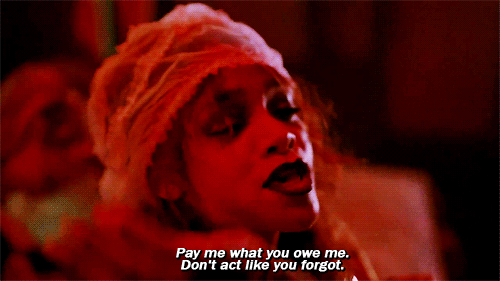
So, if you or your friends stay in a condo or apartment, now’s the time to pay up those maintenance fees.
At least, do your part as a responsible resident.
Also read: 15 Rights You Should Know When You’re Confronted by the Police

